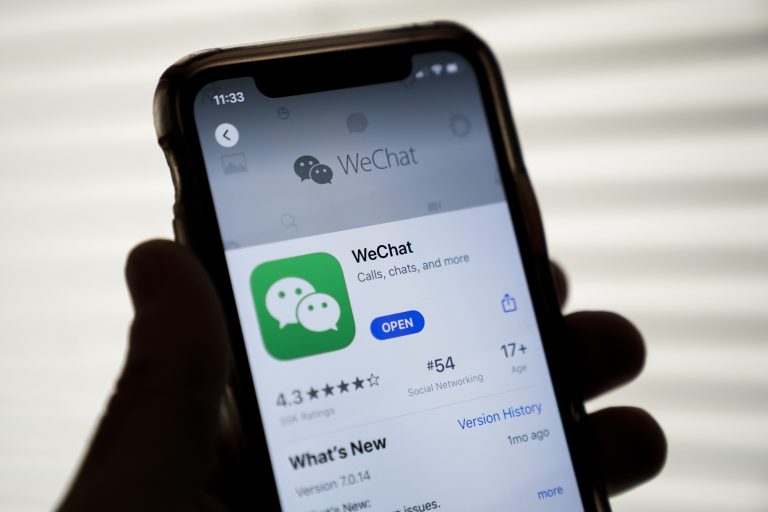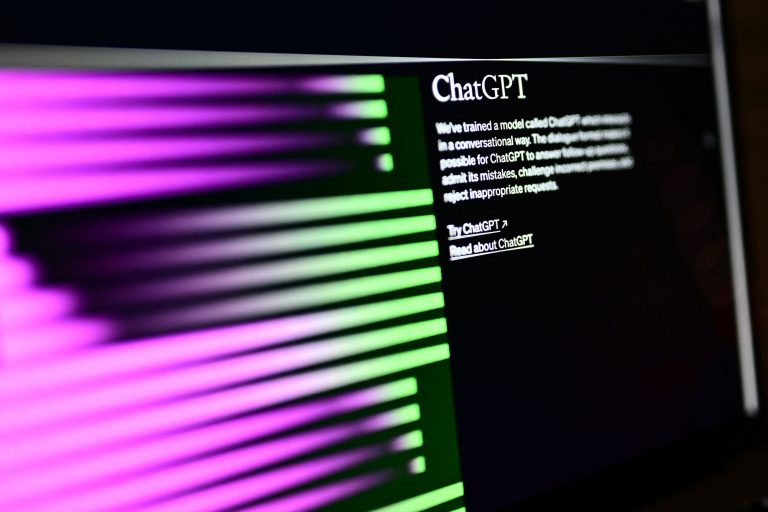A recent report published by The Washington Post reveals that the Chinese app WeChat has been censoring users living on American soil. WeChat basically tracks down Chinese people living in the U.S. who criticize the CCP and then deploys a variety of measures to block their communication through the app. The report comes on the back of similar censorship measures implemented by American Big Tech companies like Facebook and Twitter against conservative opinions. Some prominent figures censored by WeChat include the following:
Zhou Fengsuo, who runs the non-profit organization Humanitarian China and was a leader of the 1989 Tiananmen protests, says that WeChat has been blocking his posts in China for a long time. A year ago, even his friends in the U.S. could not see content on his timeline. He completely supports the Trump administration’s stance regarding the app. “WeChat is a prison. It’s a gulag… For the United States, it’s a Trojan horse to influence society at every level… That’s why it must be banned here,” he said to The Washington Post.
George Shen, a tech executive from Boston, says that he once had one of his photos of a dissident deleted from his timeline. In March 2019, WeChat blocked his account without providing any reason. He created two additional accounts in order to support the Hong Kong protests, but they were both blocked within a few hours. He eventually got control of his original account, but his friends in China are still unable to see his posts.
Ouyang Ruoyu, who came to the U.S. as an asylum seeker in 2019, maintained two WeChat accounts. One was created in China and the second was created after reaching America. But on both accounts, his timeline is shown as empty. Last December, Ruoyu wrote a post in support of Chinese journalist Zhang Zhan, who was sentenced to a four-year prison term for her exposing the reality of the Wuhan CCP virus outbreak. Again, the post was not visible to any of Ouyang’s friends.
Proposed WeChat ban over security concerns.
The app was said to be transmitting Americans’ data to the Chinese government. The ban was halted by a San Francisco federal judge in September, but a hearing scheduled for Jan. 14 will consider Washington’s request for the ban.
Success
You are now signed up for our newsletter
Success
Check your email to complete sign up
Recently, a group of Californians filed a lawsuit against Tencent Holdings, the owner of WeChat, accusing the app of censoring communications and violating their privacy. Plaintiffs have asked the court to order the company to stop censoring WeChat users and cease monitoring them. In early January, Trump signed an executive order that banned any transaction with people who develop or control WeChat Pay and their subsidiaries.
“By accessing personal electronic devices such as smartphones, tablets, and computers, Chinese connected software applications can access and capture vast swaths of information from users, including sensitive personally identifiable information and private information. This data collection threatens to provide the Government of the People’s Republic of China (PRC) and the Chinese Communist Party (CCP) with access to Americans’ personal and proprietary information — which would permit China to track the locations of Federal employees and contractors, and build dossiers of personal information,” the executive order states.

Australia is grappling with WeChat censorship and surveillance as well. A recent report by the Australian Strategic Policy Institute (ASPI) notes that the CCP is leveraging WeChat to expand its influence in the country. The report warned that the Communist Party’s ability to monitor and censor users through WeChat is a huge threat to Australia. The app also censored Australian Prime Minister Scott Morrison, who had responded to a post by China’s Foreign Ministry fraudulently acussing Australian soldiers of committing atrocities in Afghanistan.
Follow us onTwitter or subscribe to our email list
















